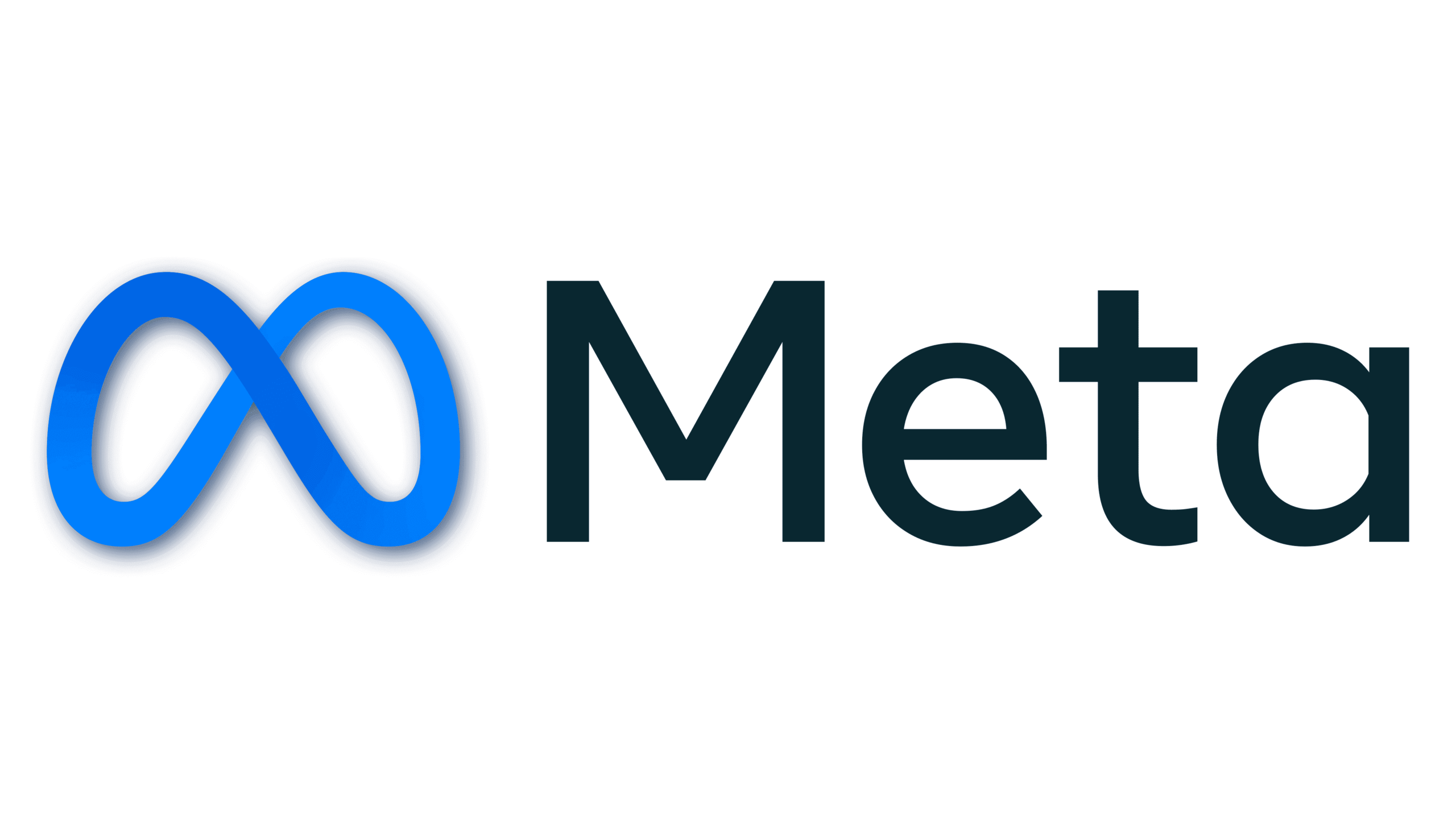adverts
South Africa’s Information Regulator is investigating social media giant Meta Platforms – the owner of Facebook, WhatsApp and Instagram – following the US company’s refusal to abide a Promotion of Access to Information Act (Paia) request made by free-speech advocacy group the Campaign for Free Expression (CFE).
The request by the CFE pertains to information around Meta’s perspectives, protocols and actions regarding South Africa’s 29 May general election. Prior to the election, Meta representatives told TechCentral in an interview about the company’s strategies in dealing with the threat of misinformation being spread on its platforms.
In April, the CFE requested Meta to provide details to the public about the information collected, threats observed and mitigating actions taken by the company and its subsidiaries in the context of the election. The request was made in terms of the Promotion of Access to Information Act (Paia). Meta refused CFE’s request, to which the latter responded by filing a complaint with the Information Regulator.
adverts
“The CFE requests that the Information Regulator find that Meta’s refusal of access to information dated 17 April 2024, in response to the CFE’s request submitted to Meta on 3 April 2024, is unreasonable and that Meta must provide the records requested by the CFE immediately,” Anton Harber, executive director at the CFE, said in an affidavit to the regulator.
In its response to Harber’s initial request, Meta cited its legal residence in the US, and not South Africa, as the reason it would not comply with Paia – a South African law.
“Meta Inc is a corporation organised and existing under the laws of Delaware in the United States of America and does not have a legal presence in South Africa. Accordingly, Meta Inc is not subject to Paia,” the company said in a letter by legal firm Bowmans, which TechCentral has seen.
In his affidavit, Harber said the CFE is of the view that Meta’s justification is “devoid of any legal merit” and amounts to an “unreasonable and formalistic attempt to obscure the transparency sought by the CFE in the request”. He said the constitutional rights enjoyed by South African citizens are not suspended or otherwise limited when they engage with a foreign entity like Meta.
“The fact that Meta Inc itself is not a registered South African entity cannot form a basis for the notion that it need not concern itself with constitutional rights in its dealings with the South African public, particularly where this engagement takes place within the Republic of South Africa. To suggest otherwise would be to allow foreign entities per se to act lawlessly without consequence, which would be legally untenable,” said Harber.
Following the CFE’s Paia request, Meta voluntarily made public disclosures regarding the election. However, Harber is critical of the social media giant’s curation of the data it eventually made public, saying there are “serious gaps” between what the CFE requested on the basis of relevance to the South African public and what Meta chose to put in the public domain.

The CFE said it identified three key topics ignored by Meta in its disclosures:
- Meta’s risk assessment and mitigation plan concerning the election: The CFE said disclosure of relevant records here is vital for learning whether an evidence-based threat analysis has indeed been done by Meta and whether its mitigating actions were appropriate.
- Meta’s plans for detecting online attacks on journalists: Disclosing this information would boost public confidence that the news media is indeed being taken seriously by Meta, Harber said.
- How Meta will monitor its performance: The CFE said disclosing this information would give the public confidence that Meta is able to know if it needs to course-correct during the election period, and if South Africans can count on the company to learn lessons about operating in the country in future.
TechCentral has sent a query to Meta but a response wasn’t forthcoming by the time of publication. The Information Regulator acknowledged that an inquiry into Meta is under way but declined to comment further.
“It is the role of the regulator to conduct an investigation, consider the relevant documents and determine whether this affirmation is correct, and whether the rights asserted in this complaint will be upheld as part of the fair application of rule of law in our democracy,” said Harber.


